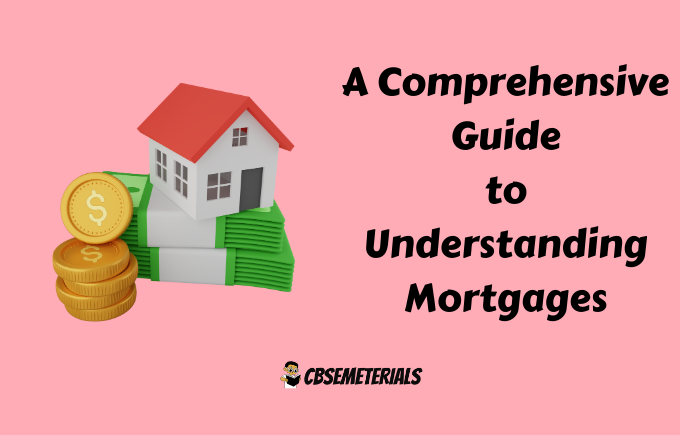Purchasing a home or refinancing a mortgage can be exciting yet overwhelming, especially when navigating the complexities of financing options. This article aims to be your one-stop guide, providing clear answers to frequently asked questions about mortgages, empowering you to make informed decisions throughout the process.
Understanding the Basics:
- What is a mortgage? A mortgage is a loan used to finance the purchase of real estate. The property serves as collateral, meaning the lender can repossess it if the borrower defaults on payments.
- How does a mortgage work? You borrow a specific amount, called the principal, from a lender and repay it, along with interest, over a predetermined period (loan term). Your monthly payments typically cover both principal and interest.
Types of Mortgages:
- Fixed-rate mortgage: Offers a consistent interest rate throughout the loan term, providing stability in monthly payments.
- Adjustable-rate mortgage (ARM): Often comes with a lower initial interest rate, but the rate can fluctuate based on market conditions, potentially leading to changes in monthly payments.
Government-backed vs. Conventional Mortgages:
- Conventional mortgages: Offered by private lenders, typically require higher credit scores and larger down payments (typically 20%).
- Government-backed mortgages: Insured by government agencies (FHA, VA, USDA), making them easier to qualify for with lower credit scores and smaller down payments (as low as 3.5% for FHA loans).
The Mortgage Application Process:
- Pre-approval: Get pre-approved for a mortgage to understand your borrowing power and demonstrate financial readiness to sellers.
- Gather documents: Proof of income, employment verification, tax returns, and asset statements are typically required.
- Shop around: Compare rates and terms from different lenders to find the best deal.
- Formal application: Submit your completed application with supporting documents for underwriting.
- Underwriting: The lender evaluates your financial situation and risk to determine loan eligibility.
- Closing: Finalize the loan details, sign paperwork, and receive the loan funds.
Factors Affecting Mortgage Rates:
- Credit score: A higher credit score generally qualifies you for lower interest rates.
- Down payment: A larger down payment reduces the loan amount borrowed and can lead to a lower interest rate.
- Loan term: Shorter loan terms often have lower interest rates compared to longer terms.
- Loan type: Different mortgage types typically have varying interest rates.
- Market conditions: Overall economic factors and interest rate trends can influence mortgage rates.
Choosing the Right Mortgage:
- Consider your financial situation: Evaluate your income, expenses, and long-term financial goals.
- Determine your needs: Do you prioritize a fixed interest rate for stability or a potentially lower initial rate with an ARM?
- Compare options: Research and compare terms from different lenders, including interest rates, closing costs, and points.
- Seek professional guidance: Consult a qualified mortgage broker or financial advisor for personalized advice.
Managing Your Mortgage Effectively:
- Make timely payments: Avoid late fees and potential damage to your credit score by making consistent and on-time payments.
- Consider additional payments: Putting extra money towards your principal can help you pay off the loan faster and save on interest costs.
- Communicate with your lender: If facing financial difficulties, proactively communicate with your lender to explore options such as loan modification programs.
Examples and Scenarios:
Imagine Sarah, a first-time homebuyer with a good credit score but a limited down payment. She might benefit from exploring government-backed options like an FHA loan, requiring a lower down payment compared to a conventional mortgage. However, she should also be aware of the additional mortgage insurance premium associated with FHA loans.
In contrast, John, with a strong credit score and a larger down payment, might prioritize the stability of a fixed-rate mortgage, locking in a consistent interest rate throughout the loan term. This offers predictability for budgeting and long-term financial planning.
Conclusion:
Understanding mortgages empowers you to make informed decisions about financing your dream home. By seeking knowledge, comparing options, and seeking professional guidance when needed, you can navigate the mortgage process with confidence and build a solid foundation for your financial future.
Remember: This article provides general information and should not be considered personalized financial advice. It’s crucial to consult a qualified financial professional for personalized guidance based on your specific circumstances.




